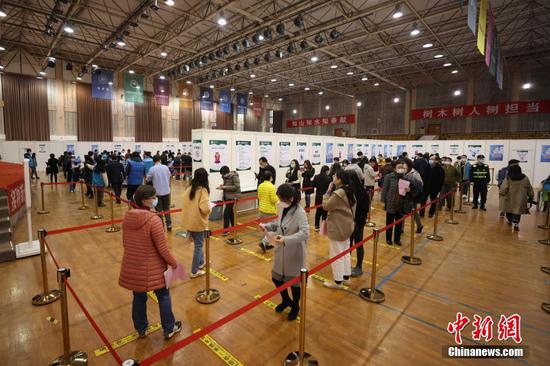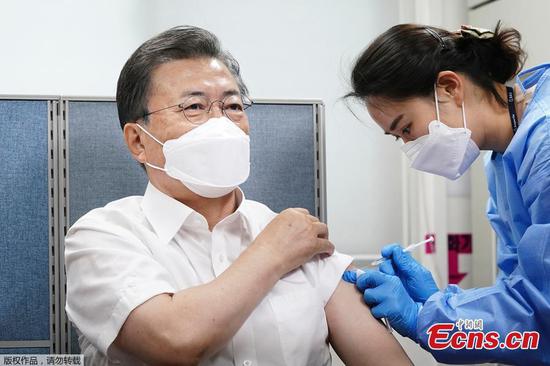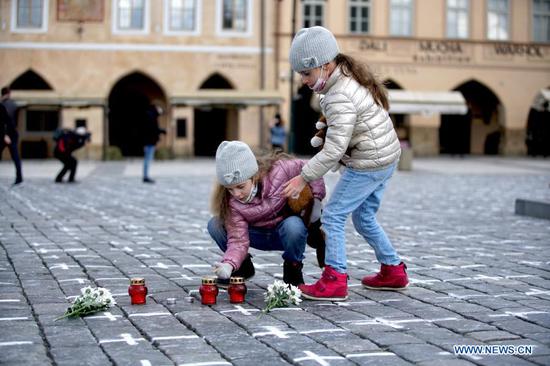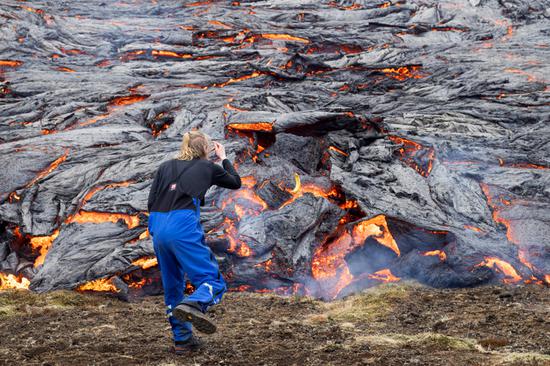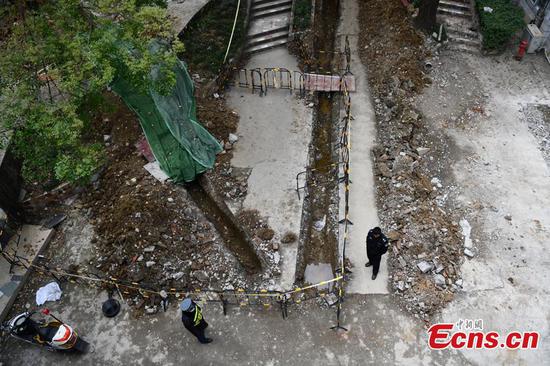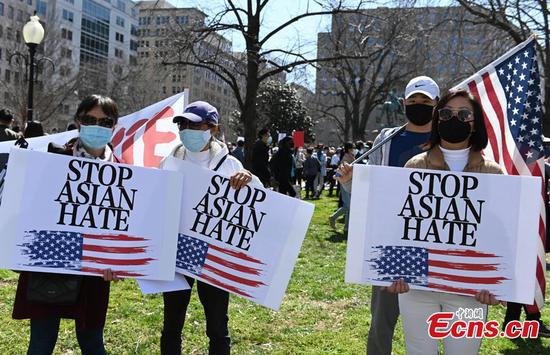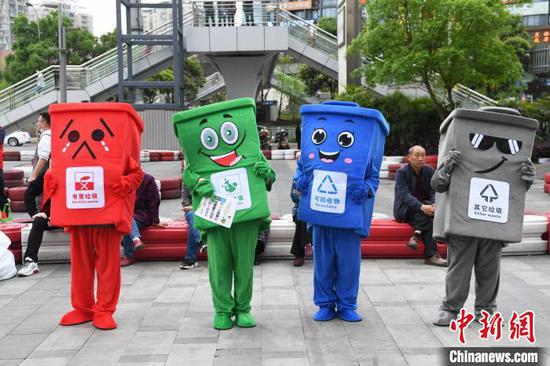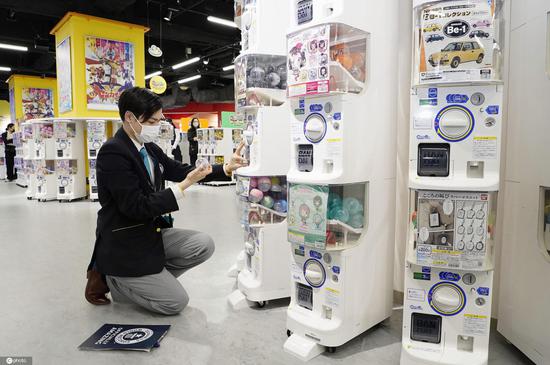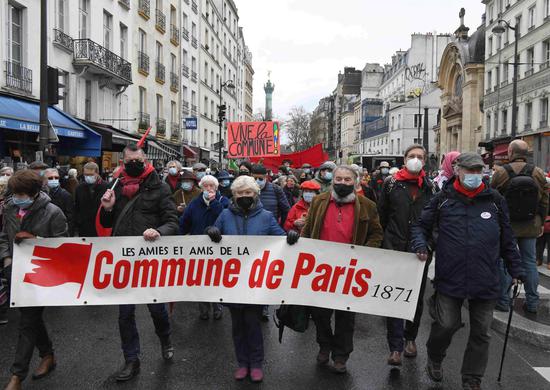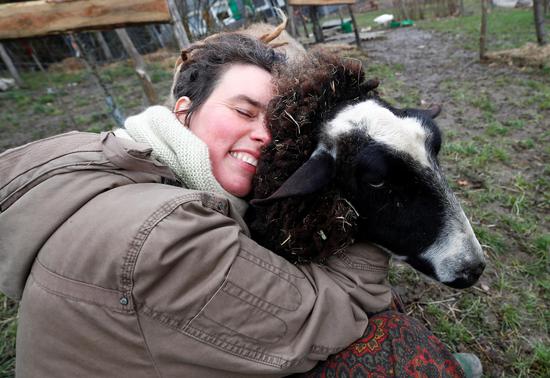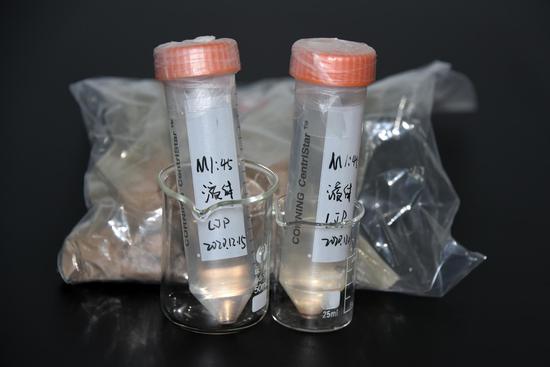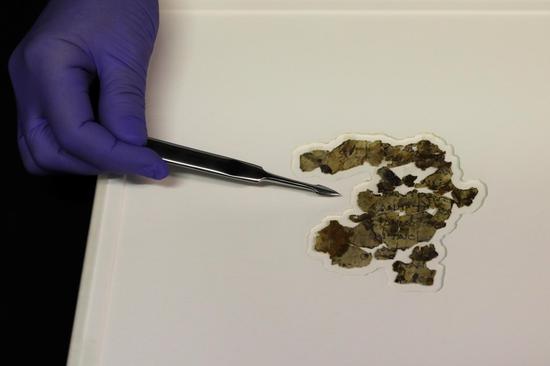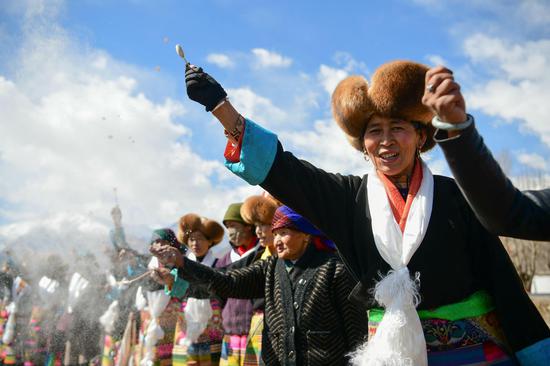An estimated 1.4 million -- or 21 percent -- fewer people received care for tuberculosis (TB) worldwide in 2020 than a year earlier largely due to the COVID-19 pandemic, the World Health Organization (WHO) said here on Tuesday.
On the eve of World TB Day (March 24), the organization issued a plea for the global community to reboot the effort to end the disease.
Recalling that this year's theme for World TB Day is "The Clock is Ticking," the WHO said that mankind was running out of time to act on the commitment to end TB, especially in the context of the COVID-19 pandemic.
According to preliminary data compiled by the WHO from over 80 countries, the countries with the biggest relative gaps in the number of people treated for TB were Indonesia (42 percent), South Africa (41 percent), the Philippines (37 percent) and India (25 percent).
"The effects of COVID-19 go far beyond the death and disease caused by the virus itself," said WHO Director General Tedros Adhanom Ghebreyesus. "The disruption to essential services for people with TB is just one tragic example of the ways the pandemic is disproportionately affecting some of the world's poorest people, who were already at higher risk for TB."
He called on countries to make universal health coverage a key priority as they respond to and recover from the pandemic, and to ensure access to essential services for TB and all diseases.
As many people who have TB are unable to access the care they need during COVID-19, the WHO fears that over half a million more people may have died from TB in 2020 simply because they were unable to obtain a diagnosis.
Meanwhile, the pandemic has greatly exacerbated the gap between the estimated number of people developing TB each year and the annual number of people officially reported as diagnosed with TB, which already stood at about three million before COVID-19 struck.
One way to address this problem is through restored and improved screening to rapidly identify people with TB infection or disease, the WHO said. This includes the use of molecular rapid diagnostic tests, computer-aided detection to interpret chest radiography, and a wider range of approaches for screening people living with HIV (human immunodeficiency virus) for TB.
"For centuries, people with TB have been among the most marginalized and vulnerable," Tereza Kasaeva, director of the WHO's Global TB Program, said. "COVID-19 has intensified the disparities in living conditions and the ability to access services both within and between countries."
"We must now make a renewed effort to work together to ensure that TB programs are strong enough to deliver during any future emergency -- and look for innovative ways to do this," she added.









